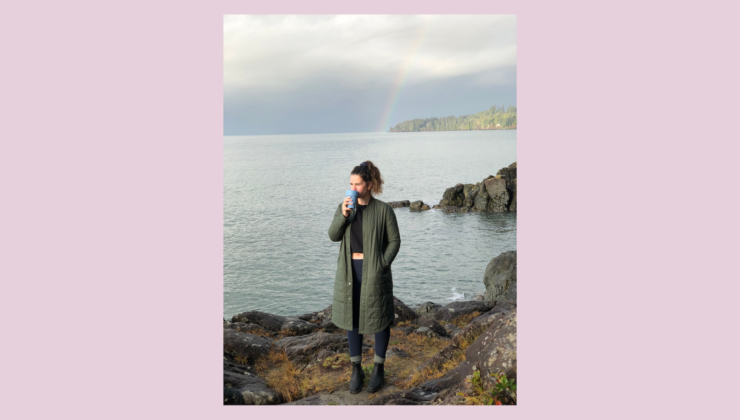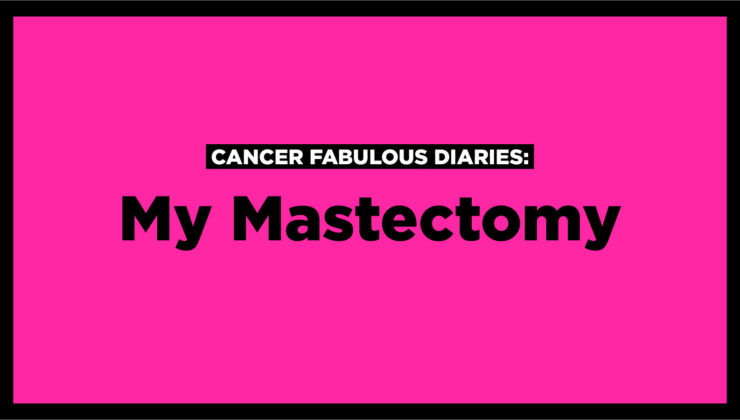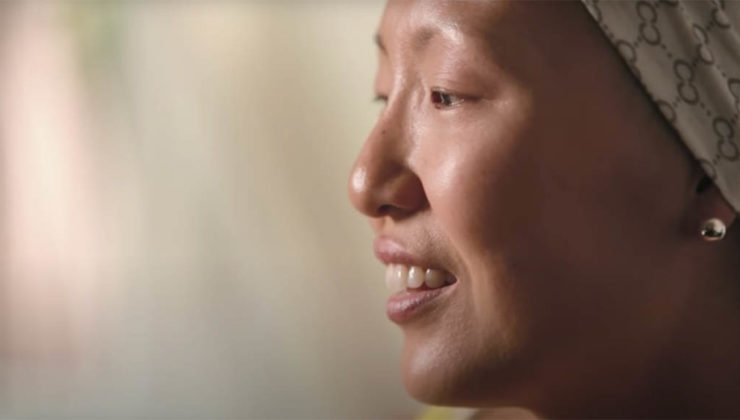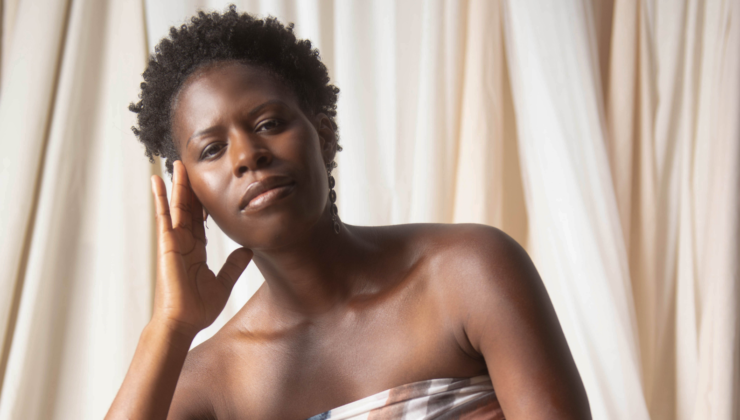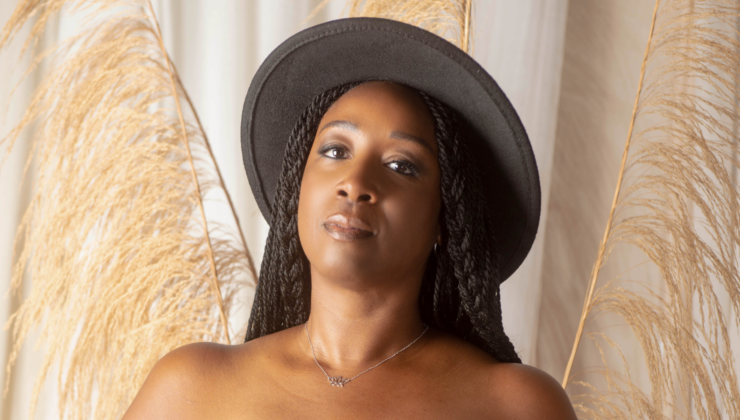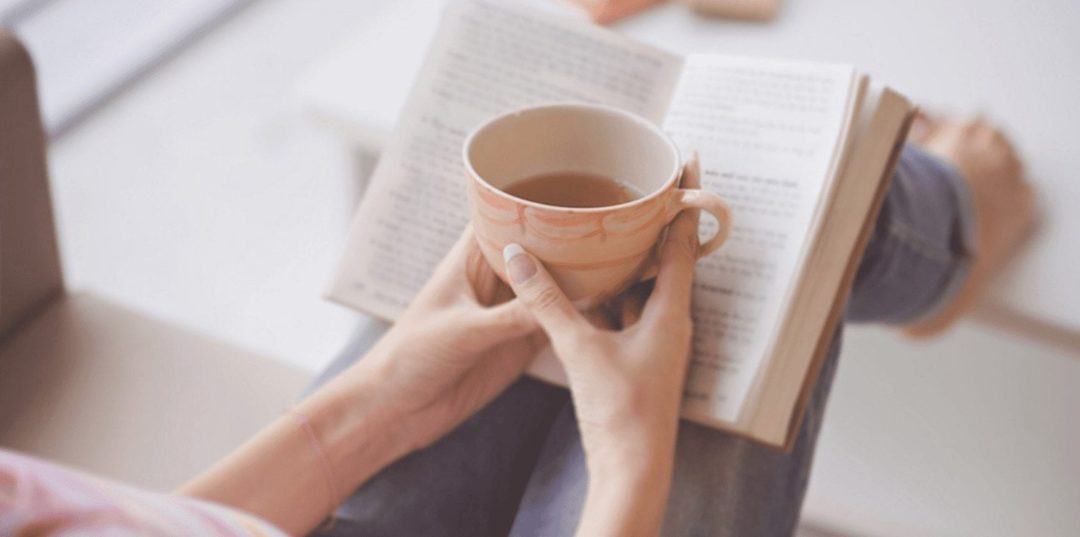
What Self-Care Really Means When You Have Breast Cancer
Confession:
If you had asked me last year about my self-care routine, I would have responded with a blank stare. The concept was too indulgent, too ubiquitous, too hippie-dippy-hipster-y for my strong-willed, feminist identity to handle. I had shit to do, thank you very much.
But you know what came next.
Breast cancer is like a bomb that goes off on your life, effectively destroying everything in its wake. Once detonated, it has the ability to take not just your boobs, but your hair, your ovaries (or any hope of reproduction), your estrogen (because cancer just loooooves that lady juice), your finances, your family life, your energy, your libido (buh-bye sex and self-lubrication!), and ultimately, your self-esteem and self-worth.
After fighting like hell for your health, all that’s left are the scars, the hot flashes, perhaps the ongoing physical pain plus a few extra pounds—and a constant reign of terror that the cancer will return.
Which isn’t to say that friends and family aren’t of any help. They are. More than I can ever adequately express, except to say that when my life fell apart, they wouldn’t let me fall apart with it.
But they also couldn’t protect me from the cancer. I had my #squad, but I alone had to suffer and survive it. It was only then that I gave myself permission to care for my own welfare and put my emotional and physical needs first. The one thing we women always, always neglect is ourselves.
But it’s just a fact: you cannot save your life if you’re not taking care of yourself.
So began the uncomfortable work of self-discovery, constructing a separate self and replacing my old, super judgy, internal monologue with a new and more empathic message. Sure, I engaged with the traditional notions of self-care that for better or worse, can come off as pretentious luxury items that reek of privilege.
These included but were not limited to:
- Bath bombs and rose-scented Diptyque candles;
- Regular appointments with my acupuncturist, chiropractor, naturopath and therapist;
- Decorating and Marie Kondo-ing the crap out of my spaces;
- Netflix binging with my fair share of rosé and Chardonnay;
- Beauty rituals like face masks, makeup, haircuts and blow outs, plus the purchase of fabulous new shoes;
- The occasional yoga, pilates, barre and Soul Cycle sesh;
- Sweet Jesus ice cream and Uncle Tetsu’s matcha madeleines (muchos gracias and arigato!).
- Crystals (b/c it’s all about the ‘gram).
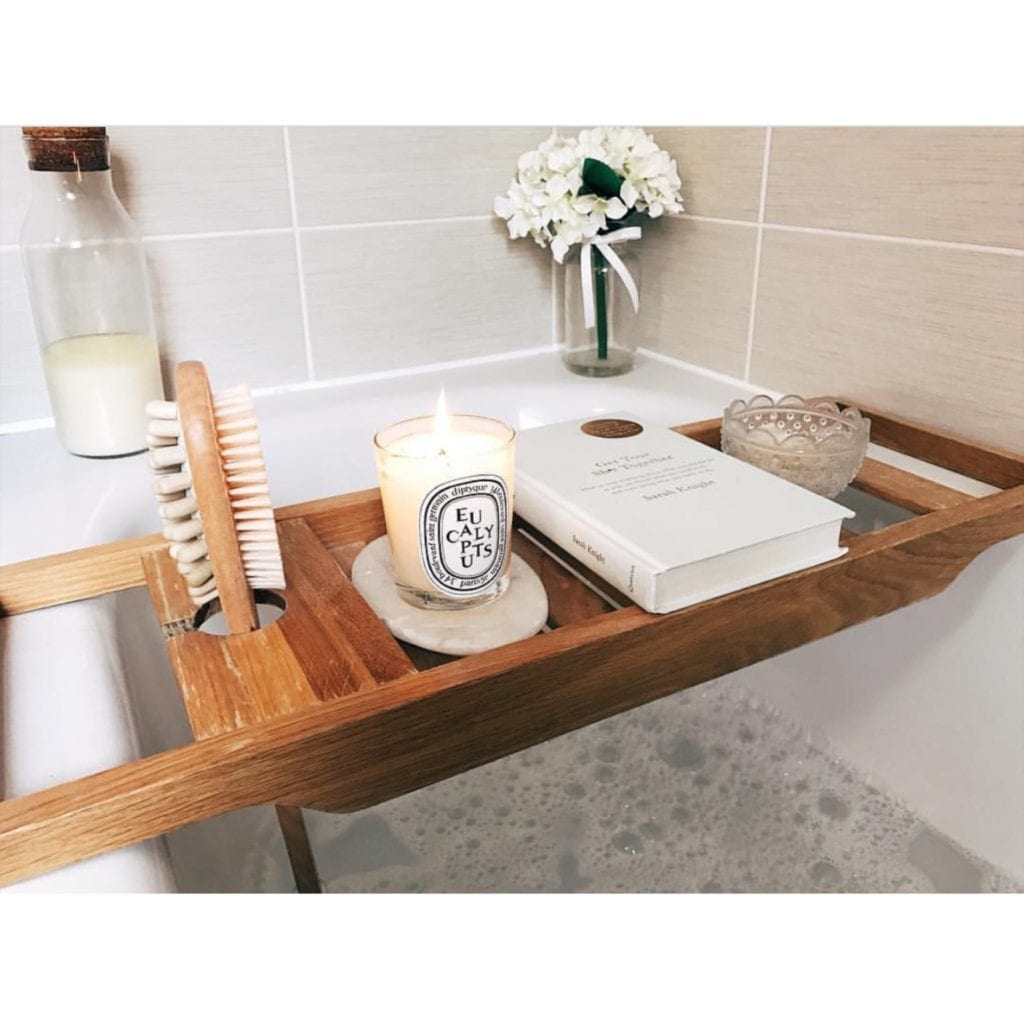
Bathtime 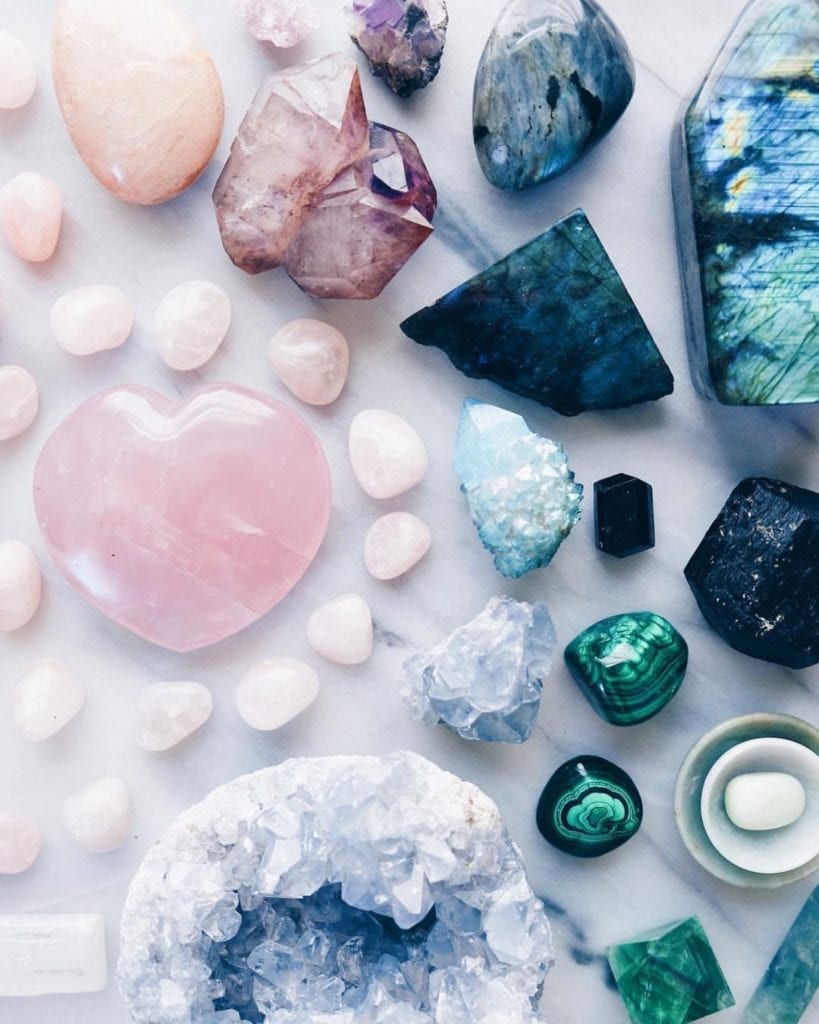
Crystals 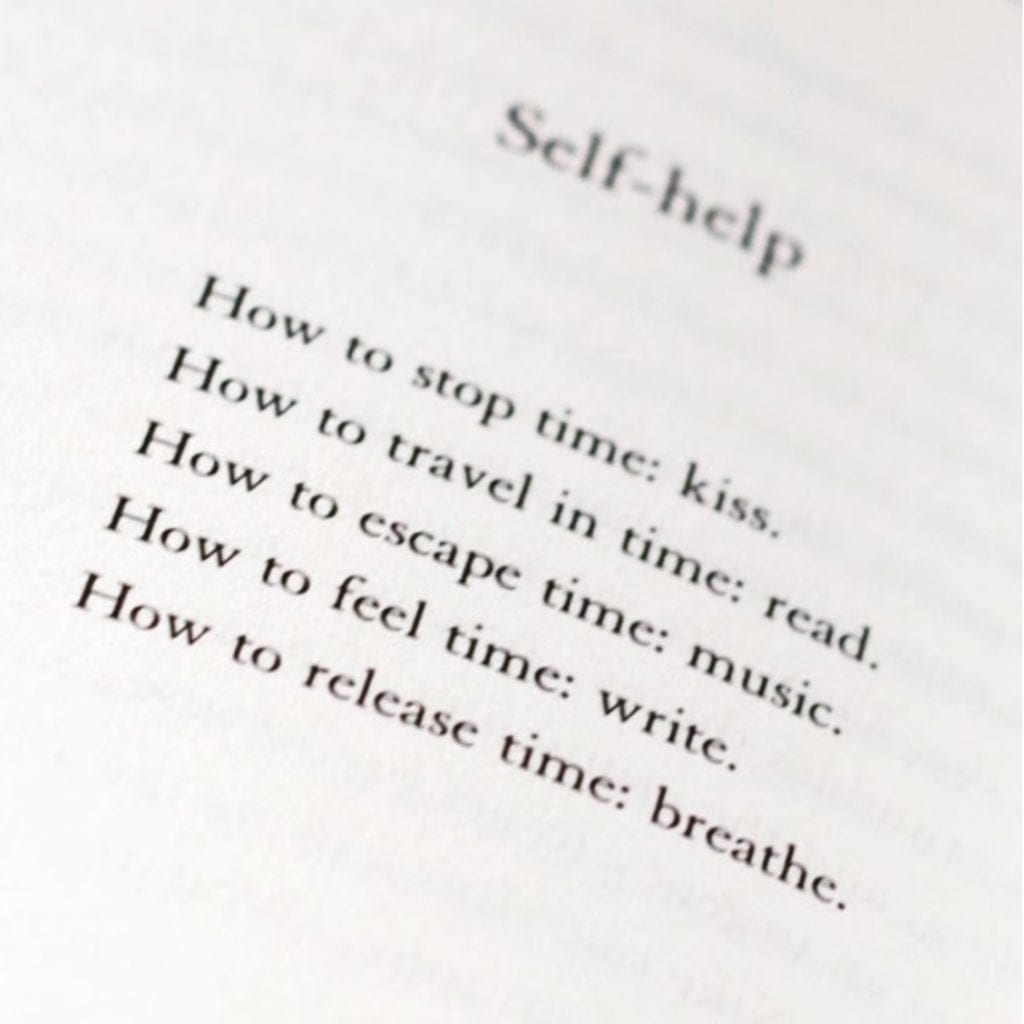
Poem by Matt Haig 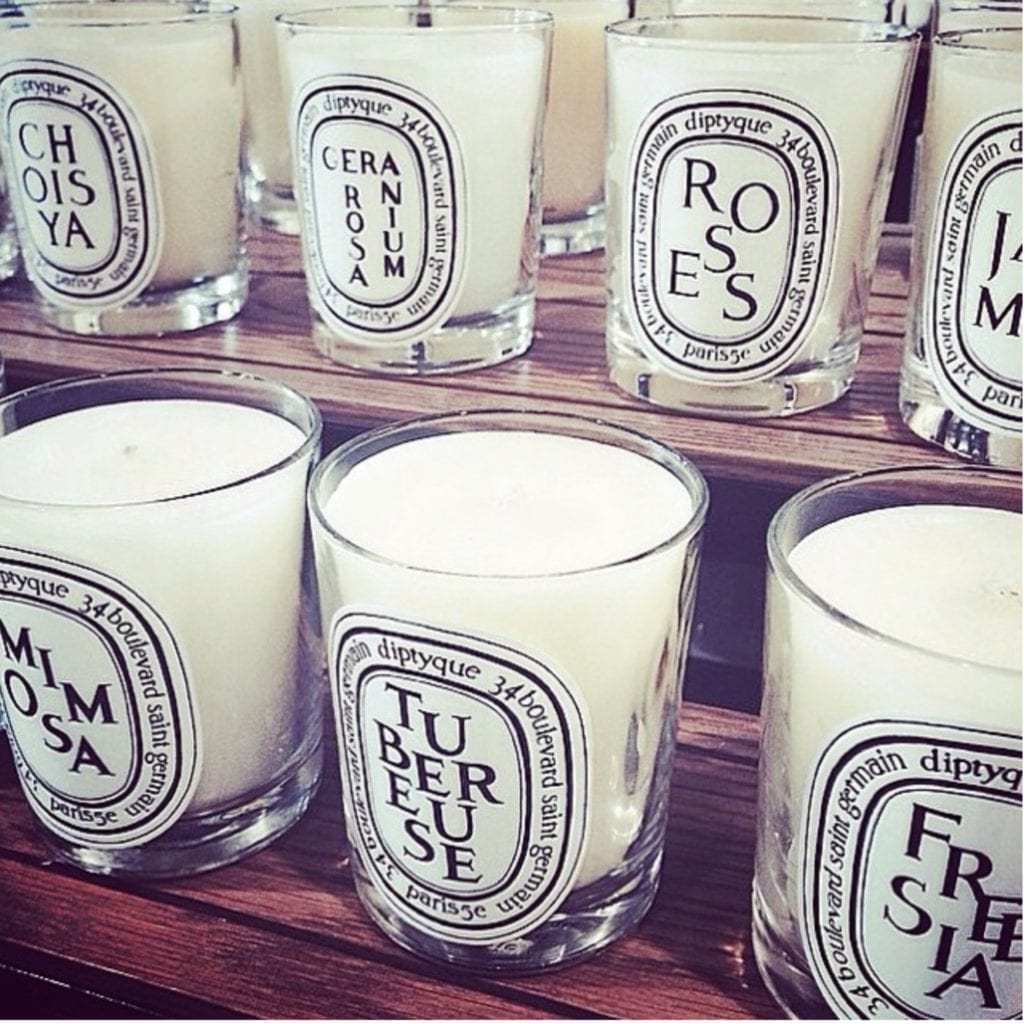
Diptyque candles 
Cottage in PEI 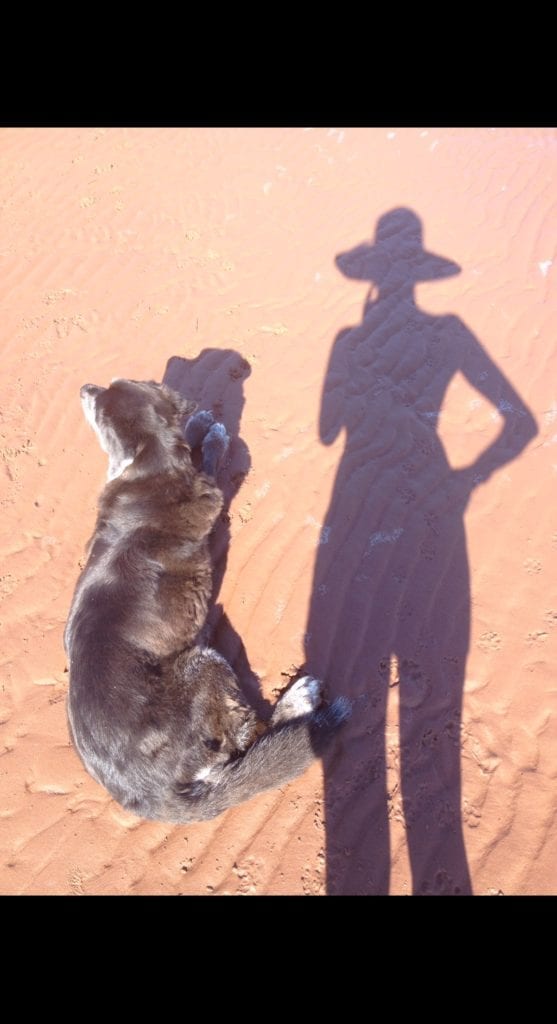
PEI with Maybelline 
Sherwood Park
But crucially, self-care doesn’t require excess money and resources. For me, that’s manifested in things like meditation, journaling, walks through the woods to and from radiation treatments, listening to my body when it sends me distress signals, and choosing naps or swims in the ocean over stressors like dealing with my divorce (also, coincidentally, not a recipe for a healthy psyche).
But what finally made me understand my needs as a human being was well, an animal. I had been a volunteer foster parent at the Toronto Humane Society for years before the diagnosis, taking in and helping countless dogs find their forever homes. I’m not really sure why I stopped, but then I read a story by Elizabeth Gilbert recalling a woman who was stressed out and broken and desperately seeking advice on how exactly self-care works in action:
“Pretend you’ve just adopted a dog from a kill shelter. You don’t know anything about this animal’s history—and you don’t need to know. You can see she’s been abused, and she’s afraid of being abandoned or hurt again. Now imagine this: It’s your first night home alone with that dog, and she’s trembling in fear. How would you treat her? Would you scream at her and tell her she’s an idiot? Would you kick her? Would you lock her in a dark room all alone? Would you starve her or let her binge-eat a bunch of garbage? Would you let her stay in an environment where other dogs attack her every day?
You would offer her a warm and safe bed, right? Healthy food. A cozy environment. Walks in the sunshine. Fresh air and clean water. Careful socialization with other animals—nice ones that don’t bite. Naps. Tenderness. Affection. Playtime. And lots of patience. You need to stop thinking of yourself as a human being and start treating yourself like the traumatized little animal you are.”
Now, I’m not suggesting that you go out and adopt a pet, or even foster one. But the dumpster fire that is breast cancer demands so much of us that too often, we end up neglecting, what poet Mary Oliver referred to as, ‘the soft animal of your body.’ I have learned so much about myself along this journey, including that within each of us, there lives a frightened, defenseless creature in need of a little tenderness. And when I forget, I will turn to my newest foster dog to teach me how to take care for her, and she’ll in turn continue to show me how to care for myself. Fiercely. – Aya McMillan

